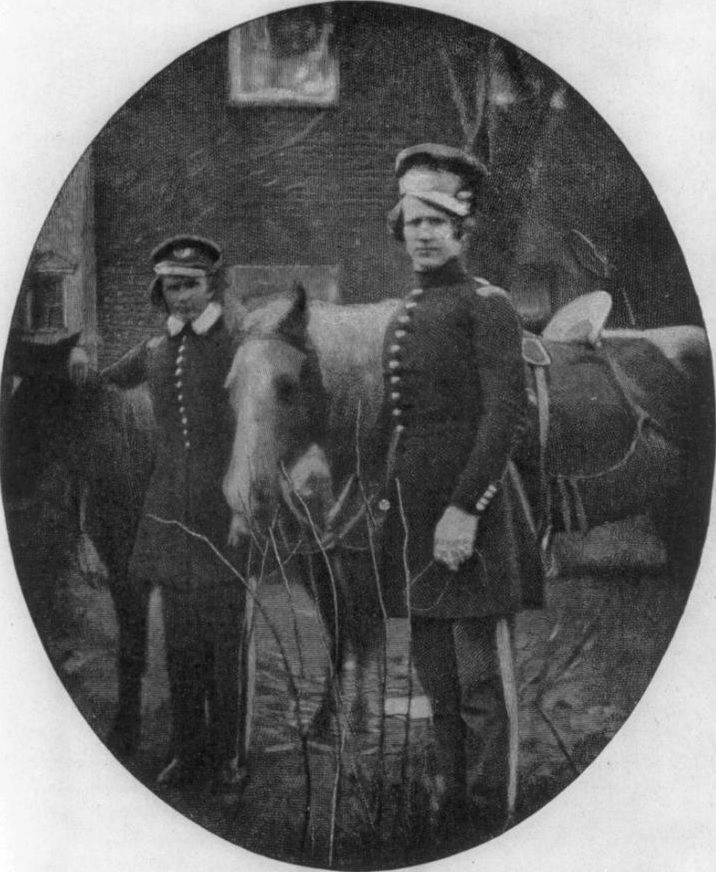
As someone who's a Civil War historian based in your home state, let's discuss this ... and we can do it in public, if you so desire.
But let's start that discussion here.
But let's start that discussion here.
https://twitter.com/WendyRogersAZ/status/1427820486914871302
You say you love Robert E. Lee because he "stood up" for what he believed in and was loyal to his home.
Do you love the terrorists of 9-11? Do you love the Nazis? Because they "stood up" for what they believed in and they were loyal to their home.
Do you love the terrorists of 9-11? Do you love the Nazis? Because they "stood up" for what they believed in and they were loyal to their home.
So what's the difference? None, given your formulation of the issue.
After all, all three made war against the United States: Lee was responsible for fighting battles that killed US military personnel. Do you celebrate that? Do you honor that?
After all, all three made war against the United States: Lee was responsible for fighting battles that killed US military personnel. Do you celebrate that? Do you honor that?
Then you say that Robert E. Lee was a good man. It is true that he had good qualities. It is also true that he endorsed and participated in a war to divide the United States and defend slavery.
He directed his men to round up blacks during his invasion of Pennsylvania in 1863.
He directed his men to round up blacks during his invasion of Pennsylvania in 1863.
Under his command, Confederates put US POWs to work on Confederate entrenchments within range of US weaponry, and stood down only when Ulysses S. Grant directed that CSA POWs be treated the same way.
Maybe that doesn't bother you because the US POWs in question were Black. Of course, they were still as much Americans as you or me. They were fighting for the US and the promise of freedom for the enslaved.
Don't you endorse their motivation?
Don't you endorse their motivation?
Hard to endorse both their motivation and Lee's motivation. So choose.
Disunion and slavery or Union and freedom.
I agree with you that we never should forget what Robert E. Lee stood for. But let's remember what he stood for. You overlook that.
Disunion and slavery or Union and freedom.
I agree with you that we never should forget what Robert E. Lee stood for. But let's remember what he stood for. You overlook that.
Finally, you sat that we need to defend Lee no matter how many times "they gaslight him."
First, Lee's dead. I don't think he cares. Second, define gaslighting. Third, tell us who "they" are. What makes those people "they" instead of part of "us"?
First, Lee's dead. I don't think he cares. Second, define gaslighting. Third, tell us who "they" are. What makes those people "they" instead of part of "us"?
Now, @WendyRogersAZ and the @AZGOP, it's time for you to defend and explain your support of treason and slavery. Let's see you do this. After all, aren't you willing to fight for what you believe in in the public square?
Or are you too afraid, too ashamed?
Let's see.
Or are you too afraid, too ashamed?
Let's see.
I would have thought that someone whose Facebook profile features her in military uniform in front of the US flag would know better, but I'm a believer that you're never too old to learn something new.
So, @WendyRogersAZ, I await your answer.
So, @WendyRogersAZ, I await your answer.

*say
• • •
Missing some Tweet in this thread? You can try to
force a refresh






